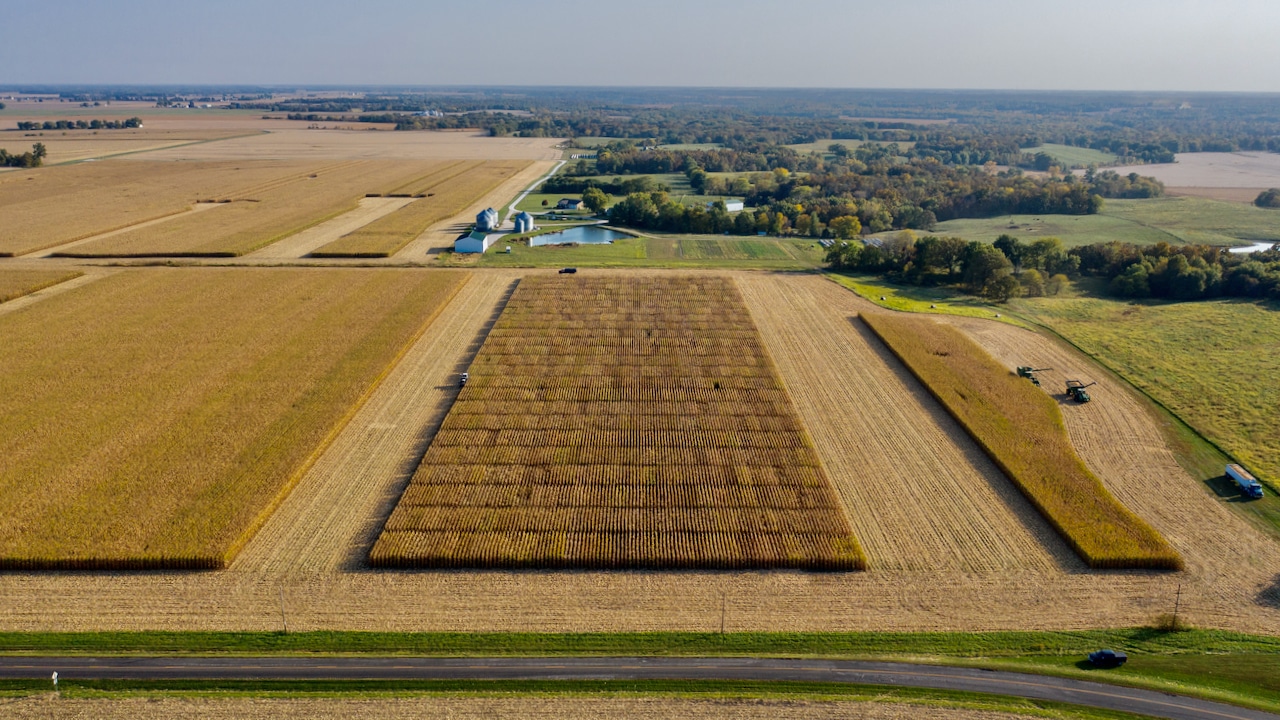Jessie Prenger Bhalerao recently received some feedback from a seed dealer who explained exactly why being part of an independent field trial program is so valuable.
“He said, ‘I use your data to confirm the performance of seed I sell. Independence is very important for objective information.’ For him it’s as simple as that — independent trials show exactly how his product performs without any bias, which he knows his farmer customers can see right through,” says Bhalerao, information product manager for FIRST Seed Tests based in Urbana, Ill.
FIRST Seed Tests provides comparisons of seed genetics to improve yield and profitability for American corn and soybean farmers. It does so through the use of small plot yield trials. While no single experimental unit size will satisfy everyone, small plot research provides many advantages, she says.
“It allows us to replicate the products tested three to four times per site, with 18-20 yield measurements per product in a region to evaluate yield performance.”
Why does small plot size matter? It allows comparison of many products in the same field conditions, rather than a handful of checks in larger strip trials. This gives growers more information on competing products to make their seed selections.
“Also, small plots require a smaller amount of seed, meaning we can provide the agronomic and performance information a company’s sales force needs about new products in early production before the seed is in wide use,” Bhalerao adds.
FIRST offers a program with a uniform entry system, testing methodology and reporting across 15 states. Its field managers meet regularly to review procedures, discuss equipment and techniques, and plan program changes and improvements.
Why Relinquishing Control is a Good Thing
FIRST tested over 1,000 corn hybrids and almost 800 soybean varieties in 2020. For 2021, Xtend Flex soybean varieties will be allowed in tests since that technology has been approved for import in the EU. Its field managers also lead professional research businesses, committed to high quality and timely delivery of yield results.
“Seed companies can use FIRST to explore new areas where they may not have a plots program or sales team to see how they might expand their offerings,” Bhalerao says.
The seed companies’ willingness to relinquish control of the results when they enter FIRST trials lends a tremendous credibility to their claims about product performance, she adds. For growers and even seed dealers, it helps to hear product claims from two different sources — both internal research and external, independent tests.
“As a seed dealer, it validates what my seed company is telling me in terms of how good a product is. As a farmer it shows me how good the products I’m using are compared to my neighbors’,” says William Kessler of GoldStar Ag in Henderson, Minn.
Putting Info into the Buyer’s Hands
Communicating those results to seed buyers is key. FIRST delivers harvest information quickly, getting data into growers’ hands during the sales season. FIRST offers a free email service to notify subscribers when new harvest data is available, which it recently updated to allow more customization of which notifications subscribers receive.
“Subscribers like to get early seed discounts and make seed purchases by Nov. 15 each year. Fast yield reporting helps them get that done,” Bhalerao says.
New in 2020, the FIRST website Product Search feature offers a compilation of yield results for a given product, with a view of the geography in which it was tested, the field conditions, and links to its harvest reports and summaries. In 2021, FIRST will launch YieldGuide.ag to offer expanded search capabilities to help growers select seed using more complete agronomic profiles of tested seed products.
Applications to enter 2021 FIRST corn grain, soybean, and corn silage trials are released in January. Seed companies can contact FIRST for information on how to enter the trials and to find out more about the pricing and services available in the program.
For more information visit firstseedtests.com.










